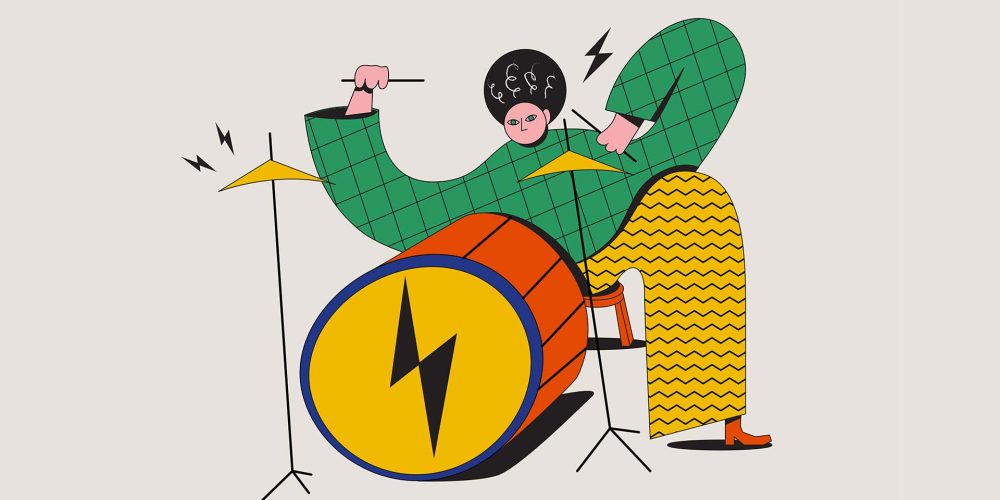It comes down to these four timeless principles.
Source: inc.com
If only I could have learned a new language last year.
If only I learned about investing when I was still in my early 20s.
For many of us, there are more things we want to learn than we have time to.
Shortening the learning curve is a topic that’s been studied for many years. I’ve personally applied what I’m about to share now to learning how to speak Spanish, English, and Korean (plus a bit of Portuguese). You will also be able to leverage these principles in any topic including business, musical instruments, and more.
Deconstruct the skill
The first step is to deconstruct the skill into its basic, fundamental components.
This is in reference to the popularized Pareto’s Principle, where the goal is to generate 80 percent of results by putting in 20 percent of the effort.
Our goal then should be to separate the 20 percent of our learning materials that will give us 80 percent of the result.
In his Ted Talk, Josh Kaufman believes that you don’t need 10,000 hours to master a skill. As Kaufman elaborates, the key is to embrace the first 20 hours and learn the most important subset of skills within that time frame to get the maximum amount of impact.
For example:
– If you’re trying to learn a musical instrument, know the most common chords that give you access to 80 percent of songs.
– If you’re trying to learn a new language, focus on learning the most common 1,500 to 2,000 words that will give you 80 percent of text coverage.
Reps, reps, reps
This is the part where most of us struggle, and what many of us don’t want to hear.
The key to mastering anything faster requires practice.
It requires frequency and persistence of performing the same skill over and over again, until you can do it subconsciously, without having to think about it.
The best performers in the world understand this secret to learn faster and become the best, yet they rarely talk about its importance because of how unsexy it sounds.
Expert-level performance is primarily the result of expert-level practice, not due to innate talent.
Seek immediate feedback
In 1960, while they were still an unknown high school rock band, the Beatles went to Hamburg, Germany to play in the local clubs.
The group was underpaid. The acoustics were terrible. The audiences were unappreciative. So what did the Beatles get out of the Hamburg experience?
Non-stop hours of playing time, practice, and immediate feedback forced them to get better. That’s the key difference that propelled the Beatles to the top, according to Malcolm Gladwell in his book Outliers.
As the Beatles grew in skill, audiences demanded more performances , more playing time. By 1962 they were playing eight hours per night, seven nights per week. By 1964, the year they burst on the international scene, the Beatles had played over 1,200 concerts together.
By way of comparison, most bands today don’t play 1,200 times in their entire career.
Go long
Unfortunately, many of us give up before or during what Seth Godin calls, “the Dip.”
Although it’s important to know when to quit, many potential winners don’t reach success because they quit before the dip, describes Godin.
According to Godin, the five reasons you might fail to become the best in the world are:
– You run out of time (and quit)
– You run out of money (and quit).
– You get scared (and quit).
– You’re not serious about it (and quit).
– You lose interest (and quit).
Psychologists have also studied what’s known as the transition cycle.
The reason why this is important to visualize is, if you can predict that a dip is coming whenever you’re learning anything new, it’s easier to fight through it.
More importantly, the dip is there because those persistent enough to stick it through can ride the upward wave that is at the end of the tunnel.


